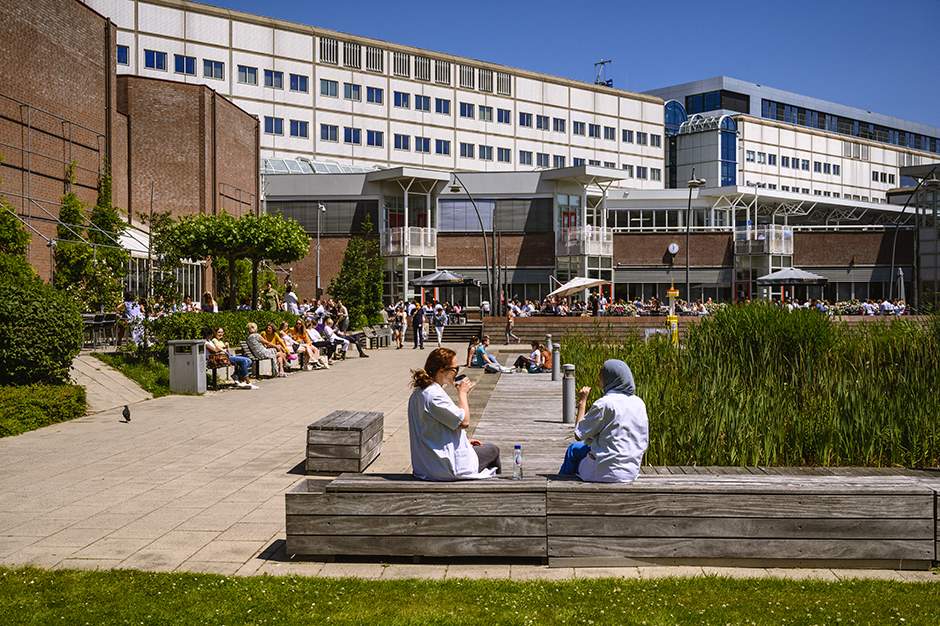Social tasks
Which major challenges are we as UMC Utrecht and as society facing?
There is a growing demand for healthcare
The world is changing, and we see this in healthcare too. People are getting older, but not everyone ages in good health. More and more people are dealing with overweight, mental issues, or long-term diseases. Such as diabetes and cardiovascular disease. As a result, the demand for healthcare – including specialist academic care – is growing fast. We feel responsible for contributing to solutions that really help people - now and in the future.

Healthcare keeps getting more expensive and less accessible
Healthcare is becoming more expensive, due for example to the fact that an increasing number of people need more or longer-term care, and due also to new expensive medication and treatment technologies. At the same time, less money is available. This means that healthcare is becoming less accessible for many people. In the Integraal Zorgakkoord (IZA) or Integral Healthcare Agreement, we already made agreements for appropriate care, in other words care that is good, accessible, and affordable. And we are looking further at how we can work as efficiently and effectively as possible.
The pressure on scientific research and education is increasing
We are seeing significant cuts in funding for research and education. And this while our researchers and the new generations of (healthcare) professionals that we are training, have to use their knowledge and expertise to develop new solutions. At UMC Utrecht, we continue to invest in innovative training and performing high-quality scientific research. This enables us to maintain and develop our position in the international academic playing field.
Health disparities are increasing
Health disparities between different groups of people are increasing. Long-term illness, access to healthcare, and people’s average life expectancy unfortunately still differ from one neighborhood to the next. Someone with (more than) enough means often stands a better chance than someone with (too) little income. These problems go beyond healthcare. Based on our social role, we contribute to reducing health disparities where possible. We do this by building ties (through internships in the neighborhood) and doing research in the communities. Because every person counts.
The environment we live in is becoming unhealthier
The earth is getting warmer, biodiversity is decreasing, air and water quality is deteriorating, and we are suffering increasingly from either floods or on the contrary, water shortages. This has negative consequences for the planet. And for us as people. Because the environment in which we live, has an impact on our health. This is why we are working towards a healthy planet for a healthy society. We are making our healthcare, research and buildings more sustainable – because better care starts also with a better environment . We train professionals of the future to work in a new way that will contribute to sustainable healthcare and a sustainable society.
Shortage of professionals
Staff shortages are increasing. Our core tasks – healthcare, research, and education – can only be performed, and our knowledge turned into real innovation in daily practice (valorization), through the input of all our colleagues. It is therefore important for us to take care of each other. For example when it comes to how people feel, how satisfied they are with their job at UMC Utrecht, and what their growth opportunities are. It also ensures that we retain our colleagues. Naturally, we focus on recruiting new colleagues too. In this regard, we cooperate actively with our colleagues in the region.
